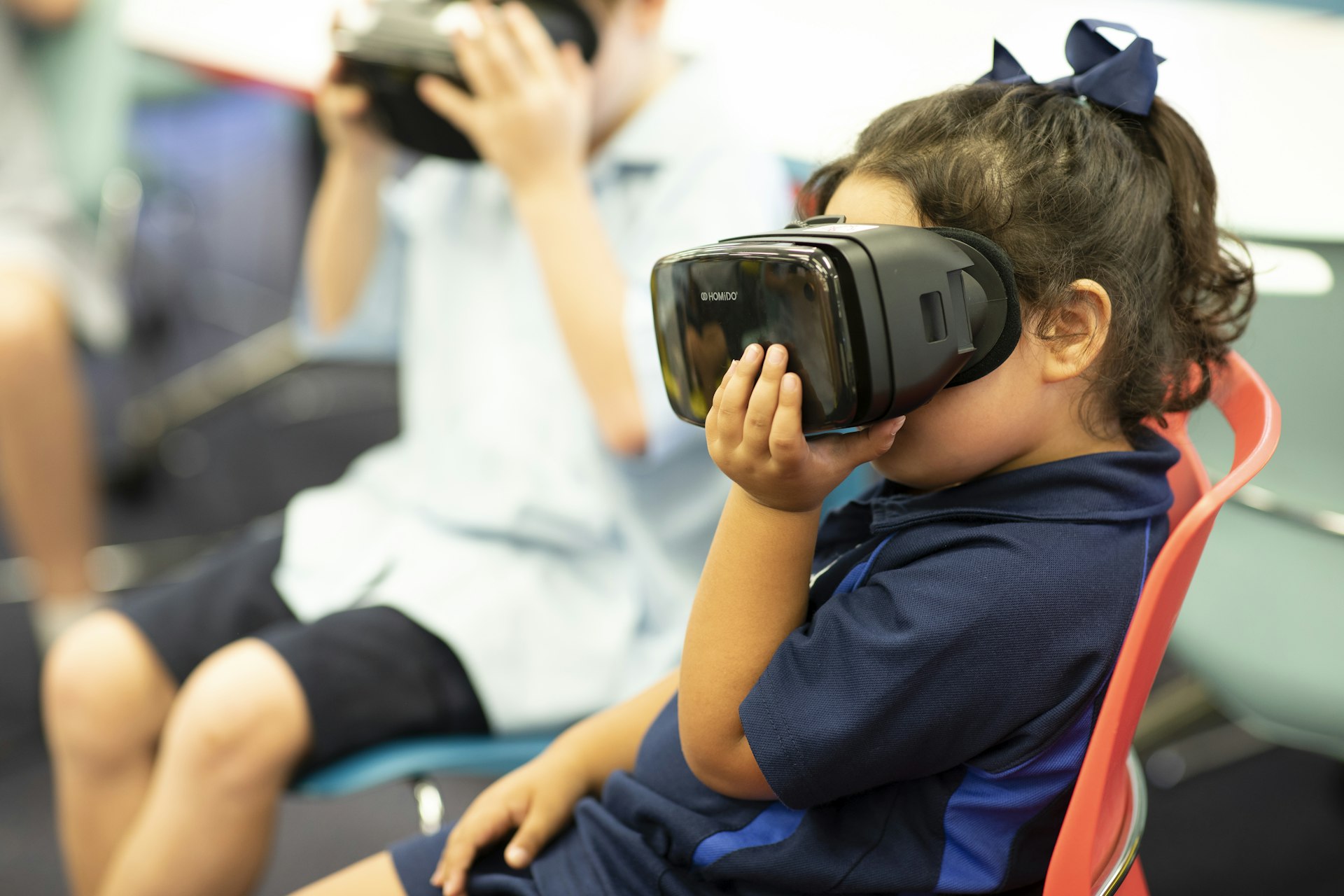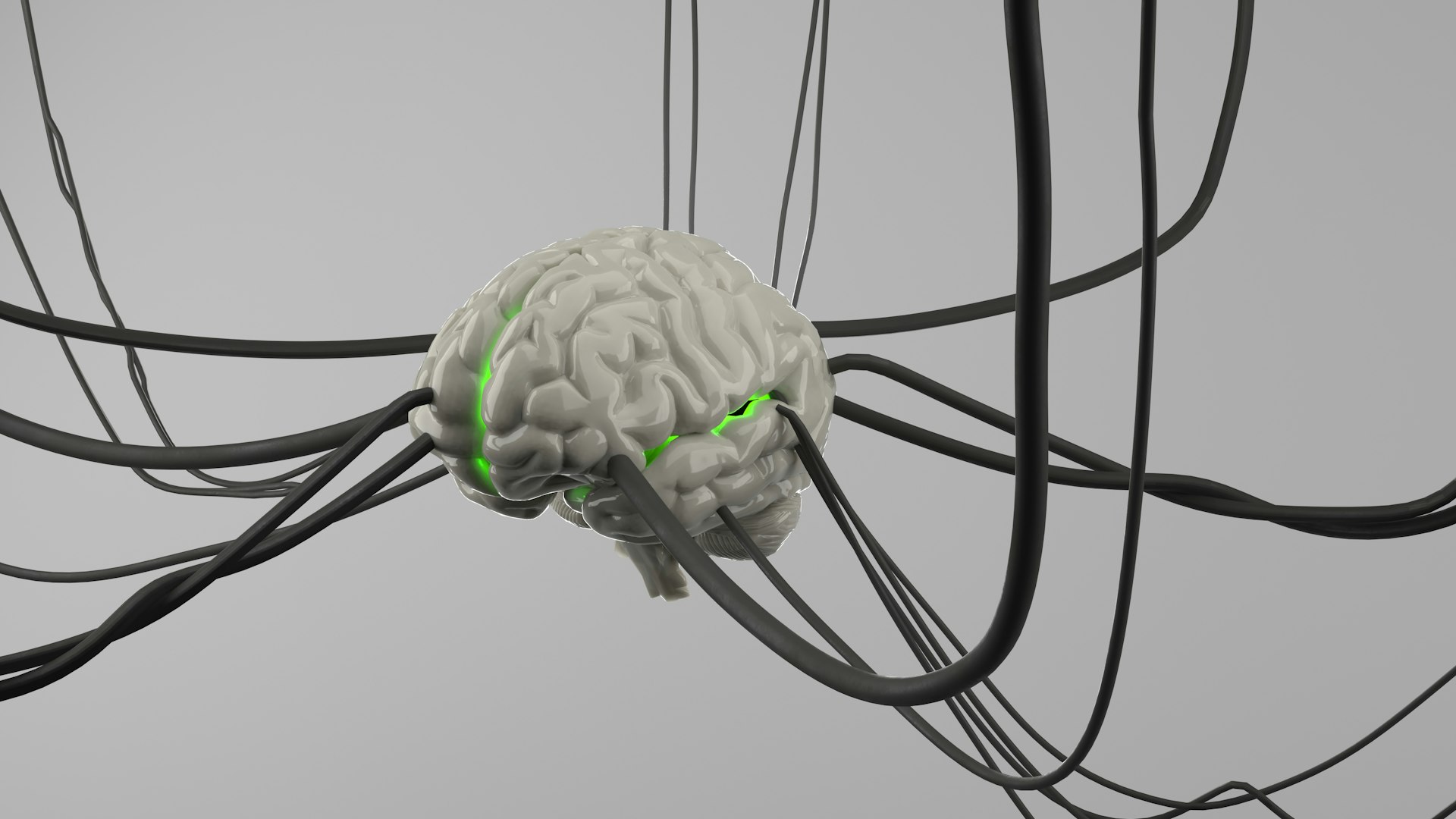How Video Games Are Shaping Perceptions of Mental Health: Impact, Challenges, and Opportunities

Photo by Joshua Hoehne on Unsplash
Understanding Mental Health Representation in Video Games
Video games are a powerful cultural force, influencing millions of players worldwide. Their portrayal of mental health can shape public perceptions, either helping to reduce stigma or reinforcing harmful stereotypes. In recent years, both independent and mainstream games have begun to address mental health issues more directly, but the impact of these representations remains mixed and complex [1] [2] .
The Current State of Mental Health Portrayal in Gaming
Studies show that about 10% of popular video games released in the last two decades feature characters or storylines involving mental illness. However, a significant majority-approximately 75%-present these issues in a negative or stigmatizing light [2] . Common portrayals include schizophrenia-like symptoms, paranoid delusions, or psychiatric interventions depicted as ineffective or harmful.

Photo by Walls.io on Unsplash
Independent studios are leading efforts to portray mental health with greater nuance. Games like
Celeste
and
Hellblade: Senua’s Sacrifice
explore conditions such as anxiety, depression, and psychosis in ways that encourage empathy and understanding. Despite these advances, negative stereotypes persist, particularly in horror games, which often use mental illness as a source of fear or horror
[3]
.
Impact on Players and Public Perception
The way mental health is depicted in video games can directly influence players’ attitudes. Exposure to negative stereotypes, especially in horror genres, may increase stigma and perpetuate misconceptions about mental illness. Research indicates that players of horror games, where mental illness is often sensationalized, may develop or reinforce stigmatized beliefs-even among players who have experienced mental health challenges themselves [3] .
Conversely, games with more balanced and empathetic portrayals can foster understanding and reduce prejudice. When characters demonstrate resilience, seek help, or experience growth, players are more likely to develop compassion and relate these experiences to real-world scenarios. Positive examples, such as the portrayal of a highly functional autistic character in
Watch Dogs 2
, show that well-researched and sensitive representation is possible and impactful
[2]
.
Potential Benefits of Positive Representation
Empathetic representation of mental health in video games offers several benefits:
- Reducing Stigma: Multi-dimensional characters and stories can challenge stereotypes, showing that mental health conditions are complex and varied [1] .
- Encouraging Help-Seeking: Games that depict therapy or support in a positive light may encourage players to seek help in their own lives, though current studies show positive portrayals of intervention are still rare [2] .
- Building Resilience: Interactive storytelling allows players to experience coping strategies and learn about mental health management in a safe environment.
Some research even suggests that playing commercial video games can have mental health benefits, such as reducing symptoms of depression and anxiety, though this is influenced by game content and moderation [4] .
Challenges and Risks
Despite progress, several challenges remain. The most pressing is the continued reliance on outdated tropes, particularly in genres that use mental illness for dramatic effect or horror. This hampers efforts to create a more inclusive and supportive gaming culture [3] . Additionally, excessive gaming can negatively impact mental health, leading to issues such as sleep disruption, increased anxiety, and depression for some individuals [5] .
For those seeking positive experiences, it is important to identify games and communities that prioritize mental health awareness and respectful representation.
How to Find Supportive Gaming Communities and Resources
If you are interested in exploring games that handle mental health thoughtfully, consider these steps:
- Research games known for positive mental health representation. Look for reviews and discussions on established gaming news sites or mental health organizations.
- Join online communities focused on supportive play, such as mental health-focused subreddits or official game forums with moderation policies against discrimination.
- Seek out games developed in consultation with mental health professionals, as these are more likely to offer accurate and empathetic portrayals.
- If you or someone you know is struggling with mental health challenges, use official resources for help. In the U.S., you can contact the National Alliance on Mental Illness (NAMI) or search for “mental health support” through trusted healthcare providers.
For parents, educators, or mental health professionals seeking to use video games as a positive tool, it is important to review content ratings, research developer intent, and assess community feedback before recommending specific titles.
Implementation for Developers and Community Leaders
Game developers and community leaders interested in creating more inclusive experiences can:
- Consult with mental health experts during game development to ensure accurate representation.
- Develop multi-dimensional characters whose experiences reflect both the challenges and strengths associated with mental health conditions.
- Include in-game resources or links to real-world support organizations. If direct links are not possible, provide clear guidance on how to find help, such as searching for “mental health resources” on authoritative health or government websites.
- Moderate communities to prevent harassment or stigmatizing language. Establish clear codes of conduct and reporting mechanisms.
- Regularly update games and communities based on player feedback and evolving best practices in mental health representation.
If you are a developer seeking guidance, consider reaching out to professional associations or searching for “game development and mental health best practices” through academic or industry sources.
Summary and Next Steps
Mental health representation in video games is evolving. While negative stereotypes remain common, there is a growing movement toward more responsible, empathetic, and accurate depictions. Players, parents, and industry professionals can all play a role in encouraging these positive changes by supporting games and communities that prioritize mental well-being. For those seeking information or support, search for official mental health organizations or consult with healthcare providers specializing in digital media and mental health.
References
- [1] Frontiers in Human Dynamics (2023). Representation of mental illness in video games beyond stigmatization.
- [2] Frontiers in Psychiatry (2022). Depiction of mental illness and psychiatry in popular video games.
- [3] Western Kentucky University (2022). Mental Health Portrayals in Video Games and Their Impacts.
- [4] Frontiers in Psychiatry (2021). Gaming Your Mental Health: A Narrative Review on Mitigating Depression and Anxiety Symptoms.
- [5] WellPower (2023). The Surprising Truth about Video Games and Mental Health.
MORE FROM findworkpro.com













